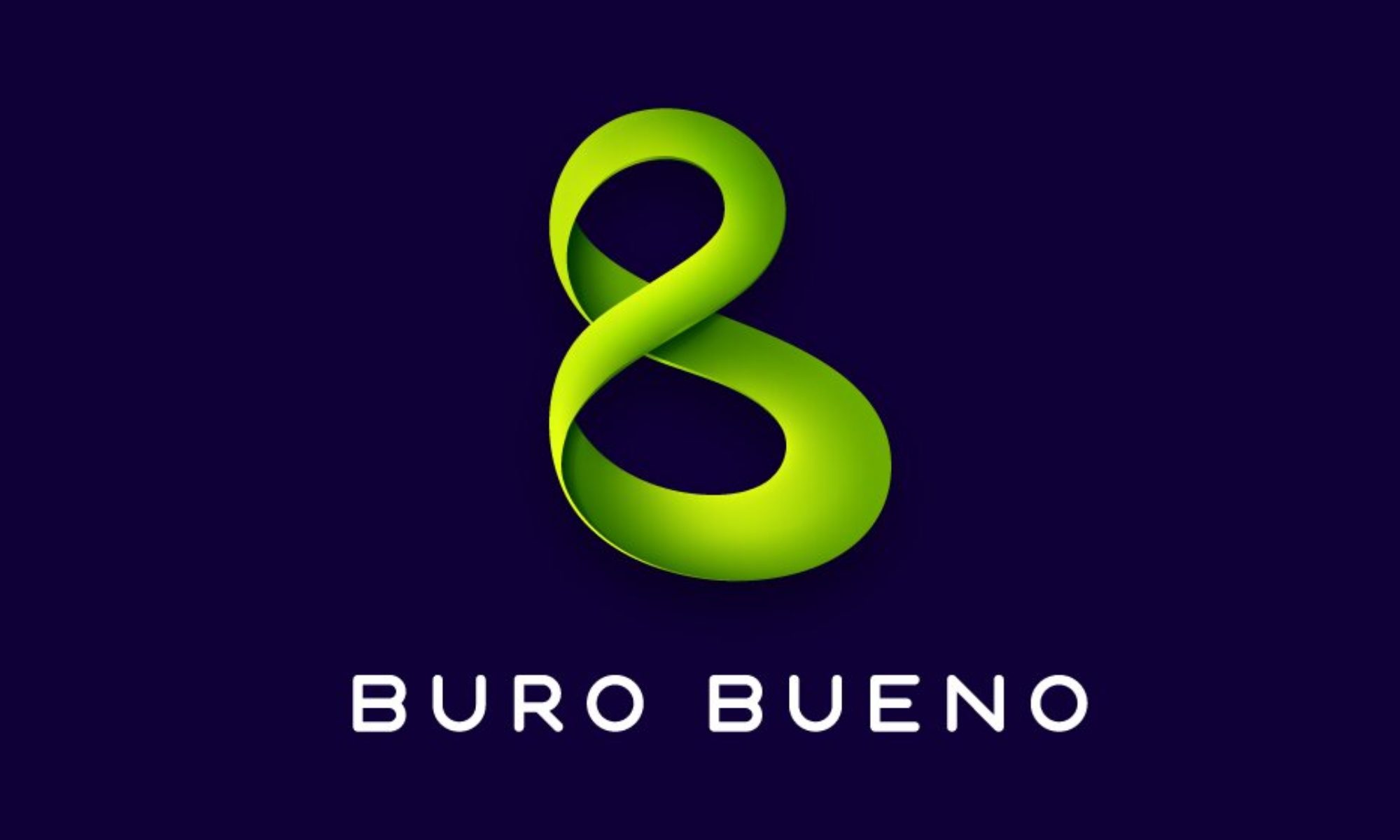How to Protect Confidential Documents for Boards
As they fulfill the fiduciary duties of directors and board check members, they are entrusted with a lot of confidential information regarding their companies. Certain of this information falls within the category of material non-public information, and its disclosure is subject to the corporate policies and law. Other information, especially when it comes to companies that are for-profit, is highly sensitive and private. Certain information discussed during boardroom meetings is both important and sensitive which can create the possibility of trust issues when it’s time for protecting this information from leaks.
Leaks can be catastrophic for the company and its employees. They not only damage the financial performance of the company and its directors, but also the reputation of the individual directors. The nature of the leak (and the circumstances surrounding it) they could expose directors to civil or criminal liability.
The best way to protect confidential documents for boards is to ensure that all parties signing the confidentiality agreement understand exactly what information must remain confidential, and that they are willing to abide by the conditions. This means identifying the particular information to be protected and clearly defining the limits on disclosure of that information, for example, that it can only be shared with other directors, or the company’s sponsor.
Additionally it is crucial to include a thorough and thorough Confidentiality Policy that is provided to all directors (and their sponsors in the case of directors who are constituency) before they start serving. This will enable them to comprehend their responsibilities and help create a culture in which confidentiality is considered an essential element of the director’s duties.
